What makes Eastern Adriatic/Herzegovina region-grown, Sweet Wormwood herb/essential oil profoundly special?
During the domestic research work on the realization of the project of introduction of Immortelle seedlings into the organic production, it was shown that the area of the town Ljubinje, i.e. Herzegovina region, has better climatic and pedological (soil) conditions for growing not just Immortelle, but numerous other herbal, and plant species, as well, which results in their prominent therapeutic/healing characteristics, in comparison to the Europe’s/French well-known regions of Provence, and Corsica.
The “exclusivity” of the two lastly mentioned French regions, in this context, is nothing more than a decades-long/well-financed, branded myth.
Herzegovina region, a worldwide heritage of more than 700 medicinal herbs and plants, many of which are endemic, specific/unique climatic, and soil characteristics, represents the mix of a warm Mediterranean, and cold Alpine mountains atmospheric conditions, followed by the rocky soil, rich in limestone.
It is exactly these, upper stated, Nature itself-given aspects, that are resulting in the inimitable chemotype structure of Sweet Wormwood, and other essential oils, made from the herbs and plants, collected within the Herzegovina region borders.
Pay close attention to what you are purchasing, and using, that markets as a “essential oil”, furthermore, and especially, as a “therapeutic-grade”, “food-grade”, “pure”, “local”, and similar!
It is not uncommon, and not a big secret, as a matter of fact, that many essential oil manufacturers, and retailers, are using shady/dishonest practices while distilling, and/or distributing their products.
These include, among other:
- Completion of the distillation process within the period of time that is too short, and using temperatures/pressure that are too high and strong, in order for the essential oil extraction process to pass properly/smoothly, and to result in a final extract/essence that possesses all of the therapeutic/healing components of the herbal/plant raw material, in a concentrated form (this is a common, shady practice, with the industrially-made products)
- Diluting the concentrate (essential oil/s), with natural and/or synthetic matter (for example, with using the following: Almond oil, fragrance chemicals, etc.)
- Diluting the concentrate (essential oil/s), with other essential oil/s, which possess similar aroma, and are, usually, incomparably cheaper than the original concentrate being diluted; (classical example here is Melissa essential oil – it is often times diluted with citrus essential oils, whose smell resembles the Lemon balm)
- Subterfuge of synthetic/fragrance substances, marketed as “natural” “essential oils”
- Deception regarding the location where the essential oil was distilled (for example, the Lemon/Orange/Melissa essential oils, marketed as “Mediterranean”, are, actually, made in India, China, etc.)
- Increasing the amount of certain beneficial/valued compounds within the essential oils, explained within the following examples – the levels of neryl acetate, a valued/healing compound within the Helichrusym Italicum, is being increased by some distributors, through citrus fruits derived one, and/or it’s levels are being increased by mixing the two, different manufacturers produced, Helichrysum essential oils (one possessing lower levels of neryl acetate, and the other one higher levels of this compound)
Eastern Adriatic Artemisia Annua Healing Essential Oil
The genus Artemisia belongs to the family Asteraceae, which is comprised of, about, 200 species of herbs and shrubs, spread throughout the world. Artemisia annua is a very fragrant annual herb, having Eastern European and Asian origin.
Therapeutically used part is the flowering top.
Artemisia annua is a multi-purpose medicinal plant containing essential oil and antioxidant flavonoids, used in perfumery and cosmetics, as well as in aromatherapy.
Sweet wormwood essential oil is milder than bitter wormwood (Artemisia absinthium), or wild wormwood (Artemisia vulgaris), making it’s usage in medicinal purposes more convenient.
It has been used in Traditional Chinese Medicine (TCM) ‘’Qing Hao’’ for over 2000 years to relieve fever. Within TCM, it is often prescribed in combination with other herbs to treat (in addition to fever) jaundice, headache, dizziness, and nosebleeds. The oil is known to have antimicrobial activity.
Health benefits/Traditional use:
- Aromatic seasoning for culinary products
- The experiments showed the inhibitory effect of plant phytoncides on the development of anthrax
- Treating malaria, dysentery
- Wound healing agent
- Improves digestion
- Acts as a deodorant
- Helps to pass through difficult periods of life more easily
- Eliminates germs
- Treats insomnia
- Fights intestinal parasites
- Strengthens the immune system
- Tones the body
- Antipyretic
- Ingredient in botanical perfumery, and natural soap manufacturing
Psycho-emotional action:
- Enhances the sense of psychological protection. It dispels sadness, and dark clouds from the human energy field. Energetically, Sweet Wormwood helps regain our inner peace and trust, especially when we are recovering from trauma, or betrayal.
Botanical Name: Artemisia Annua
Extraction Method: Steam distilled
Part of Plant Distilled: Flowering shoots
Country of Origin: Bosnia and Herzegovina
Composition: 100% Artemisia Annua
Consistency: Thin
Cultivation Method: Organic
Scent Description: Fresh, bright, bitter grassy, with a light spicy note
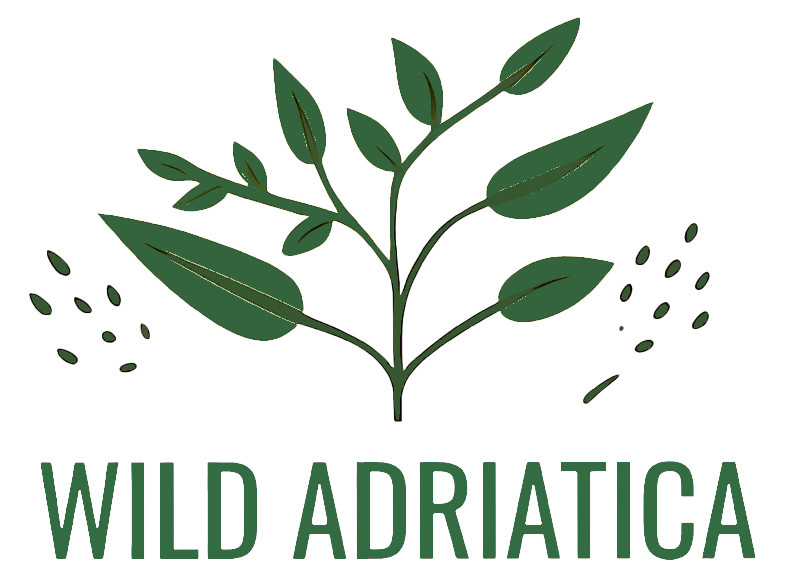
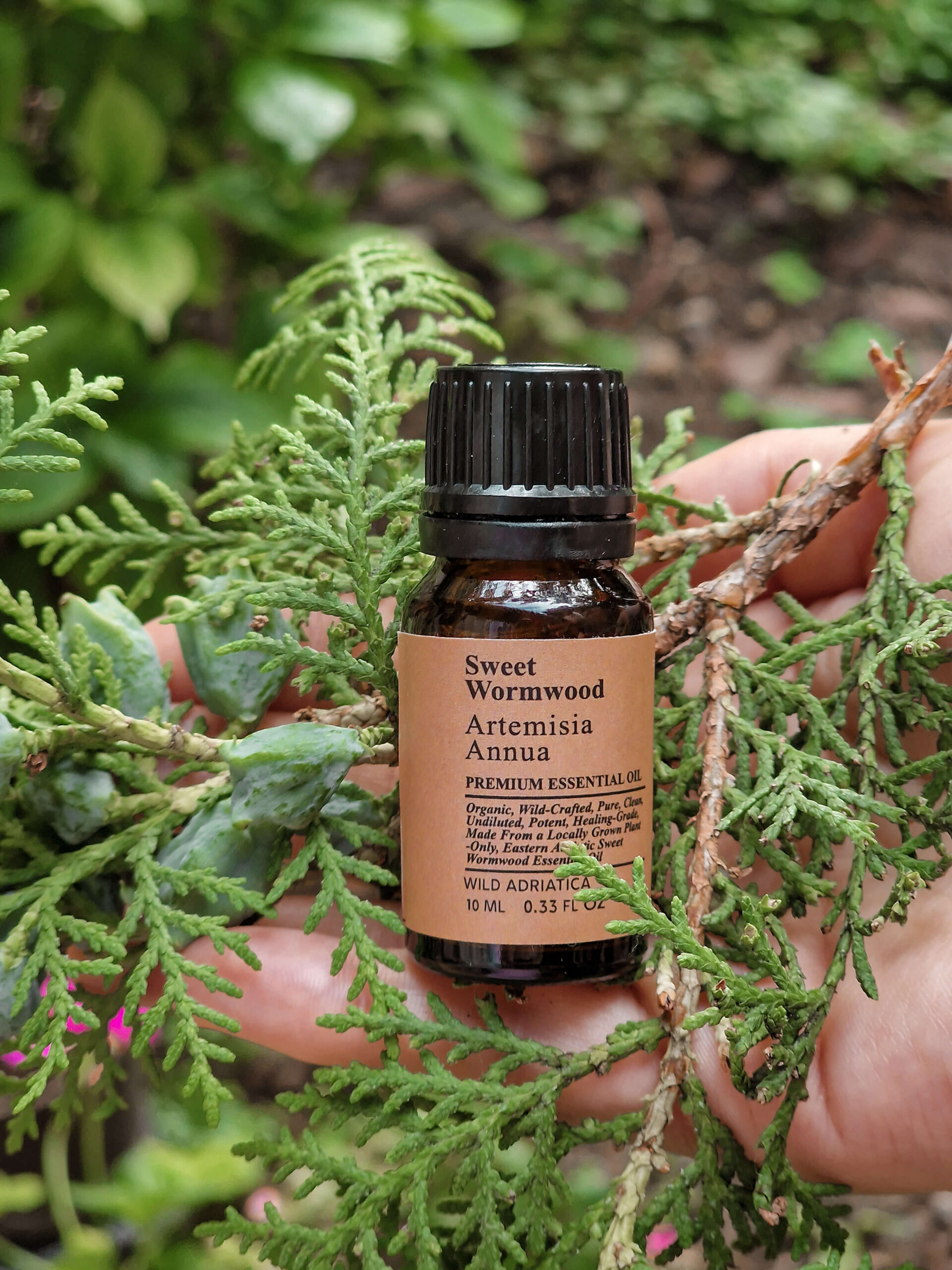
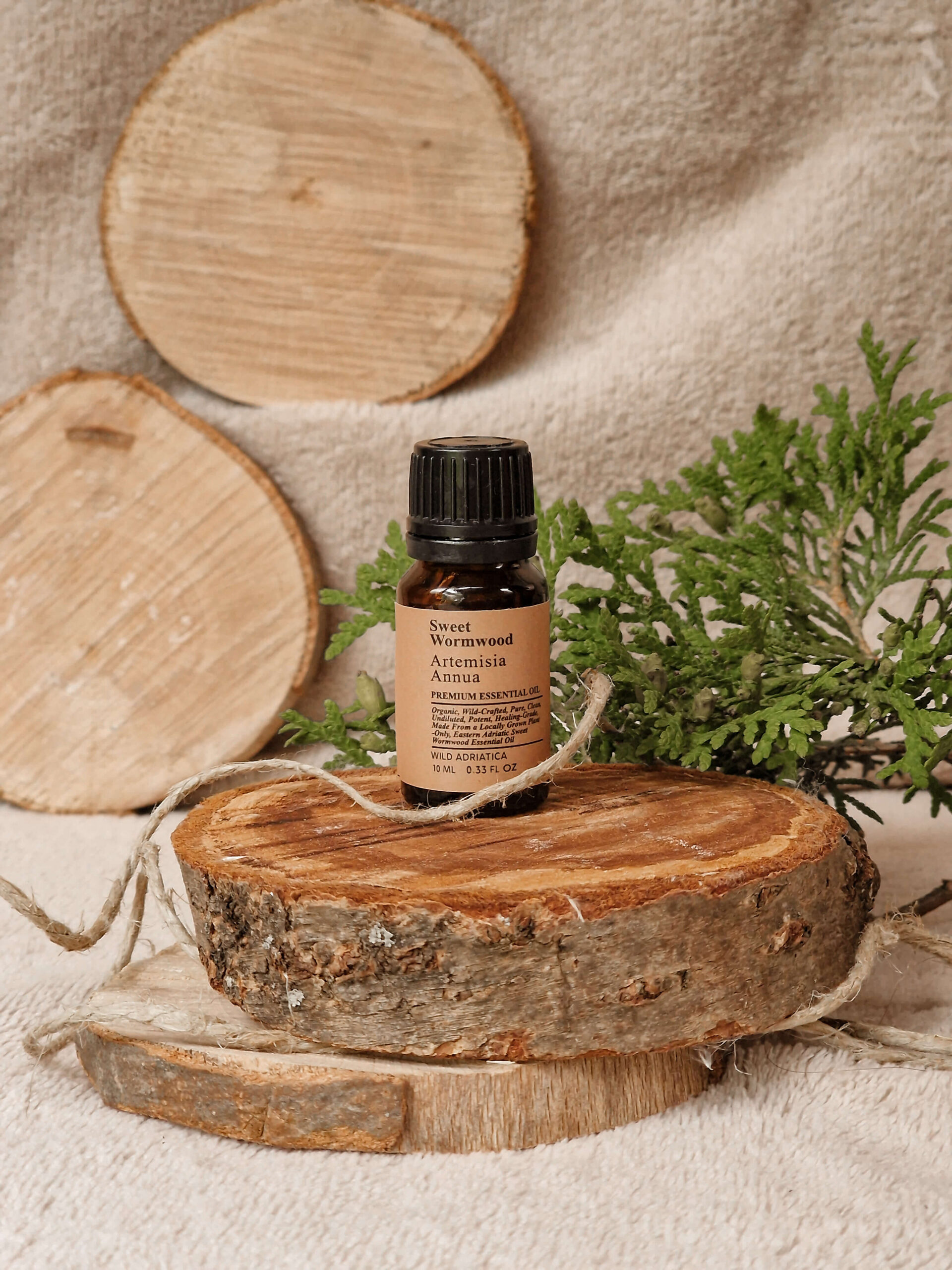
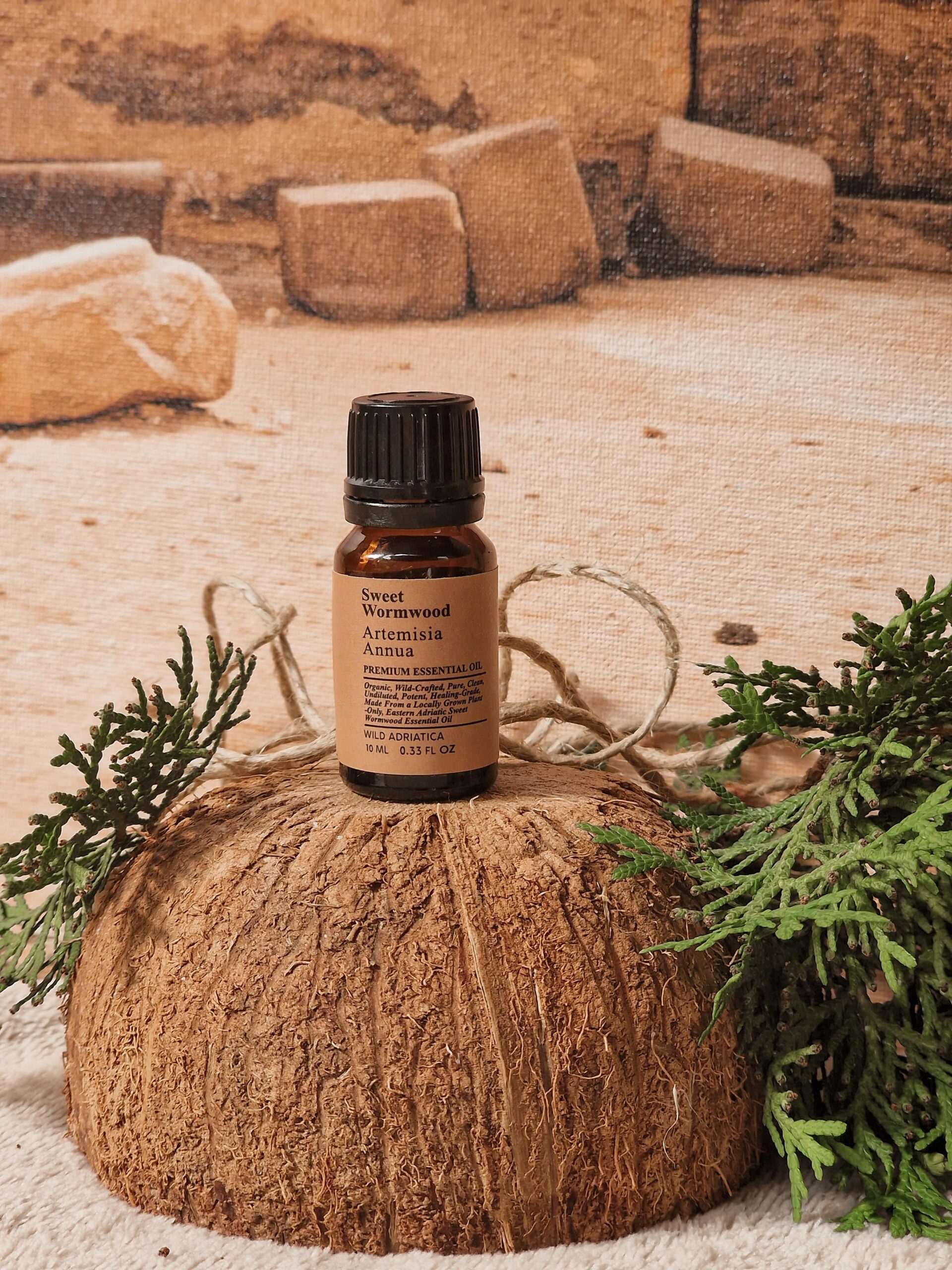


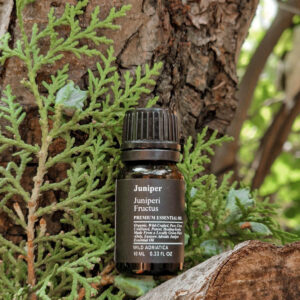
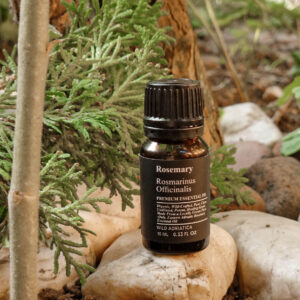
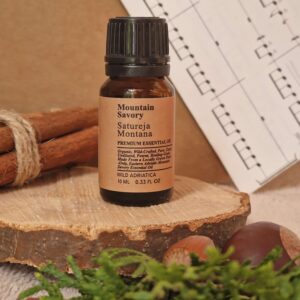
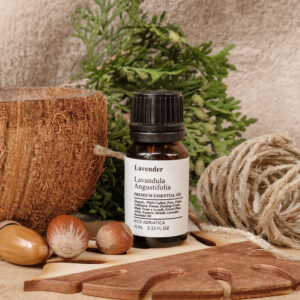
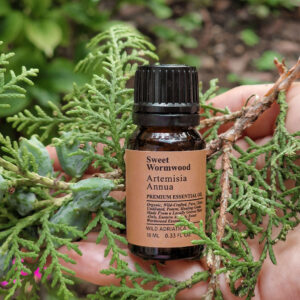
Reviews
There are no reviews yet.